Article Topics
Introduction
You’re exhausted. You have joint pain, muscle aches, or a poor quality of sleep. You feel like you can’t get out of bed in the morning, and when you do, you feel sluggish all day long. Maybe it’s time to see if your symptoms point to an autoimmune disease—and if so, what steps you can take to help yourself feel better.
Determine if you have an autoimmune disease.
To determine if you have an autoimmune disease, it’s important to recognize the symptoms of these conditions. Autoimmune diseases are when your immune system attacks healthy cells in your body. This causes inflammation that damages tissues and organs throughout the body.
The most common symptoms include:
- Fatigue (feeling tired)
- Joint pain or stiffness
- Skin rashes (e.g., psoriasis)
- Swollen lymph nodes in neck or underarms
- Hair loss
Eat Paleo-style.
The Paleo diet is an ancient one, but it’s been gaining popularity in recent years because of its focus on whole foods and unprocessed ingredients. The principles of the Paleo diet are simple: avoid sugar, processed foods, gluten (a protein found in wheat), dairy products and eggs; limit your intake of grains; eat plenty of vegetables and fruits; steer clear of nuts and seeds (which might be contaminated with mold spores).
The idea behind this way of eating is that our bodies evolved over millions of years to handle certain types of foods without difficulty–but when we introduce new ones into our diets too quickly through industrialization or global trade routes (think about how many different kinds you’ve probably eaten today!), they can cause immune reactions leading up to autoimmune diseases like lupus or rheumatoid arthritis.
Supplement with vitamin D.
When it comes to health, you can’t be too careful. Supplementing with vitamin D is a good idea for anyone who wants to improve their immune system and prevent autoimmune diseases.
Vitamin D is a fat-soluble vitamin that helps regulate calcium absorption in your body. It also plays an important role in the proper functioning of your immune system, which protects against infection and disease.
A deficiency in this nutrient has been linked to higher rates of autoimmune disorders such as multiple sclerosis (MS), rheumatoid arthritis and type 1 diabetes mellitus (T1DM).
Supplement with omega 3 fish oil.
Omega-3 fatty acids are essential to your health, but they’re often missing from the modern diet. That’s because the most common sources of omega-3s–salmon and other fish–are high in mercury and may be contaminated with industrial pollutants like PCBs.
Omega-3 fish oil supplements have been shown to reduce inflammation and pain associated with rheumatoid arthritis (RA), as well as symptoms of lupus and other autoimmune diseases. Omega 3s also help improve heart function by lowering triglyceride levels while increasing HDL (“good”) cholesterol levels in the blood stream.
If you’re suffering from an inflammatory disease like RA or lupus, adding a multi-vitamin/mineral formula may help ease some of those uncomfortable symptoms.
Take probiotics and digestive enzymes.
Probiotics are good for your digestive system, and they can help reduce inflammation in the gut. They also work with the immune system to fight infections and disease. Probiotic supplements contain beneficial bacteria that colonize your intestine and aid in nutrient absorption, helping you shed pounds by suppressing appetite and reducing cravings for carbs or sugars. They may also ease constipation by increasing bowel movements per week (though this might be less effective if you’re taking antibiotics).
If you have an autoimmune disease like rheumatoid arthritis or Hashimoto’s thyroiditis (or any other condition associated with chronic inflammation), probiotic supplements are worth trying out.
Reduce your toxic load.
Reducing your toxic load is important for everyone, but especially if you have an autoimmune disease. Toxins can be found in air, water and food; personal care products; household cleaning products; and more.
The best way to reduce your toxic load is by detoxing your body regularly (see below). If you’re not sure how often you should detoxify or cleanse your system or what the best ways are for doing so–and there are plenty!–check out this beginner’s guide: https://unitedpatientsgroup.com/blog/top-health-benefits-for-a-cleanse/
Consider gut-healing supplements like magnesium, curcumin, and glutamine to reduce inflammation in the digestive tract.
If you have an autoimmune disease, it’s a good idea to consider taking gut-healing supplements like magnesium and curcumin. These supplements can help reduce inflammation in the digestive tract and improve overall gut health.
- Magnesium: Magnesium is used by the body for many things, including building strong bones and regulating muscle function. It also plays an important role in immune function by helping cells fight infections effectively. People who are deficient in magnesium may be more likely to develop certain conditions such as diabetes or cancer than those who consume enough of this mineral daily through food sources such as leafy greens or nuts.
- Curcumin: Curcumin is found naturally within turmeric root extract–an ingredient commonly used in Indian cuisine–and has been shown to decrease inflammation throughout various parts of your body. This includes reducing symptoms associated with arthritis pain while also improving joint mobility over time.
Get enough sleep.
Sleep is a vital part of your health, and it’s especially important for people with autoimmune diseases. Getting enough sleep helps you feel better, think more clearly and be more productive during the day. But if you have an autoimmune disease like rheumatoid arthritis or lupus, it can be hard to get enough restful sleep at night because of pain or fatigue that keeps waking up throughout the night.
To improve your quality of sleep:
- Go to bed at about the same time every night (even on weekends). This will help train your body’s internal clock so it knows when it needs to go into sleep mode–and stay there!
- Avoid naps during the day if possible; napping too much may make nighttime sleeping difficult because naps tend to reset our internal clocks so they’re ready for another bout of wakefulness sooner than we’d like them too be!
To improve quantity: * Keep electronics out of the bedroom (or turn them off at least 30 minutes before bedtime). The blue light emitted by electronic screens interferes with circadian rhythms and makes falling asleep harder than normal.
With the right approach, you can improve your health and live a better quality of life by treating your symptoms naturally.
- Eat a healthy diet. A healthy diet will help you reduce inflammation and control the symptoms of autoimmune diseases. Make sure to avoid foods that cause inflammation, like sugar and gluten-containing products.
- Take supplements for gut health and detoxification. As mentioned above, some people with autoimmune disorders benefit from taking probiotics, magnesium (to reduce muscle pain), curcumin (a powerful anti-inflammatory) or glutamine (which promotes growth of good bacteria). You may also want to consider getting tested for heavy metals like mercury or lead levels because they can trigger an immune response in some individuals with an autoimmune disease who have been exposed to these toxins in the past (e.g., through vaccines).
Conclusion
By following these steps, you can improve your health and live a better quality of life by treating your symptoms naturally. If you have any questions about this article or would like more information about how we can help treat autoimmune diseases, book a consultation with one of our specialists today.




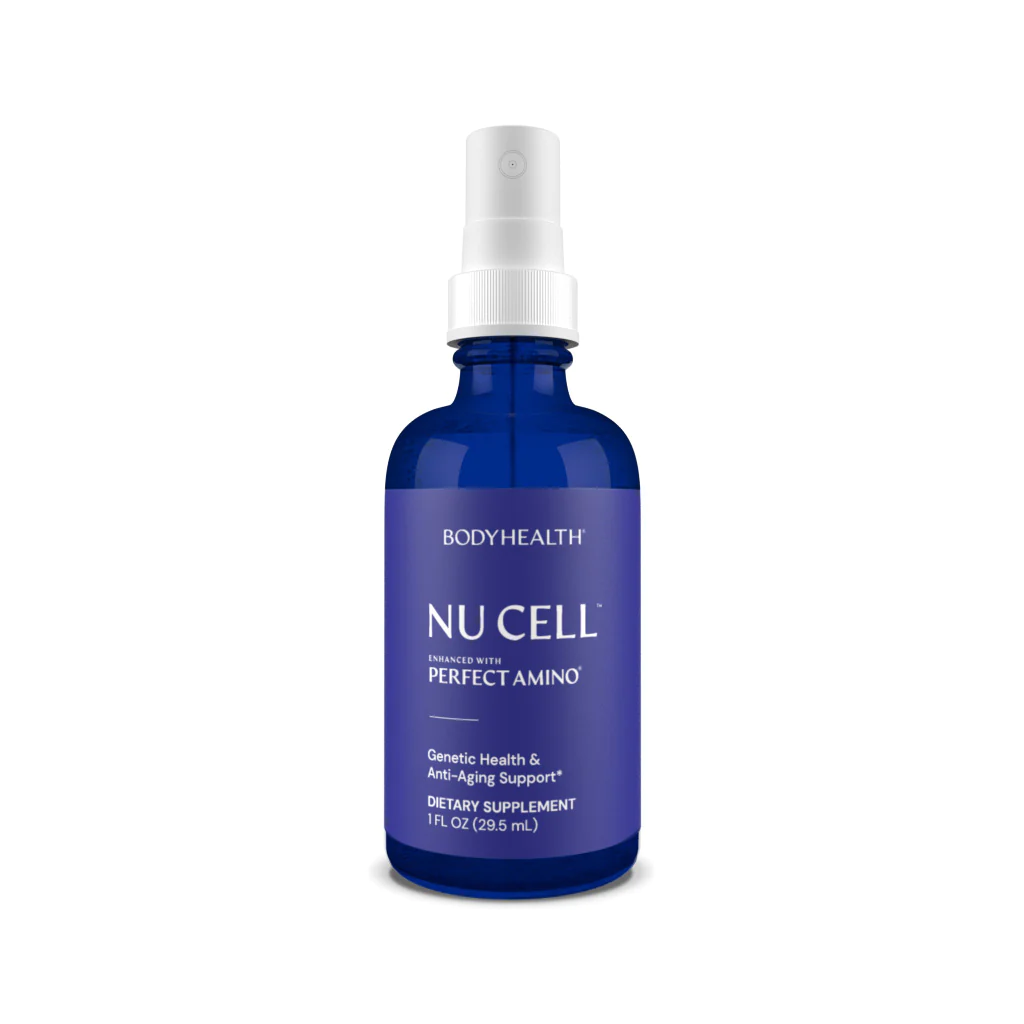
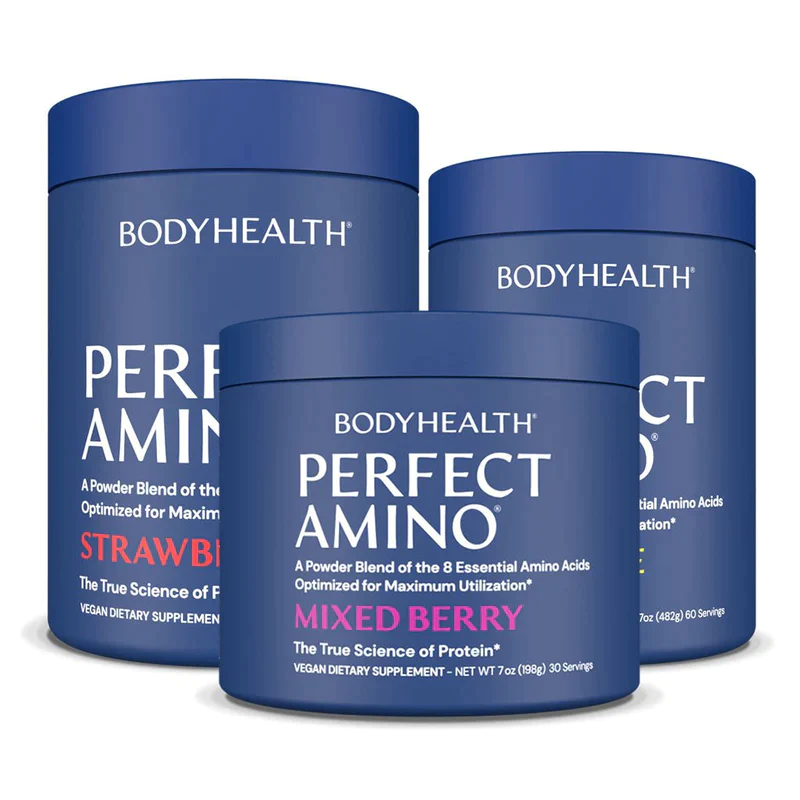
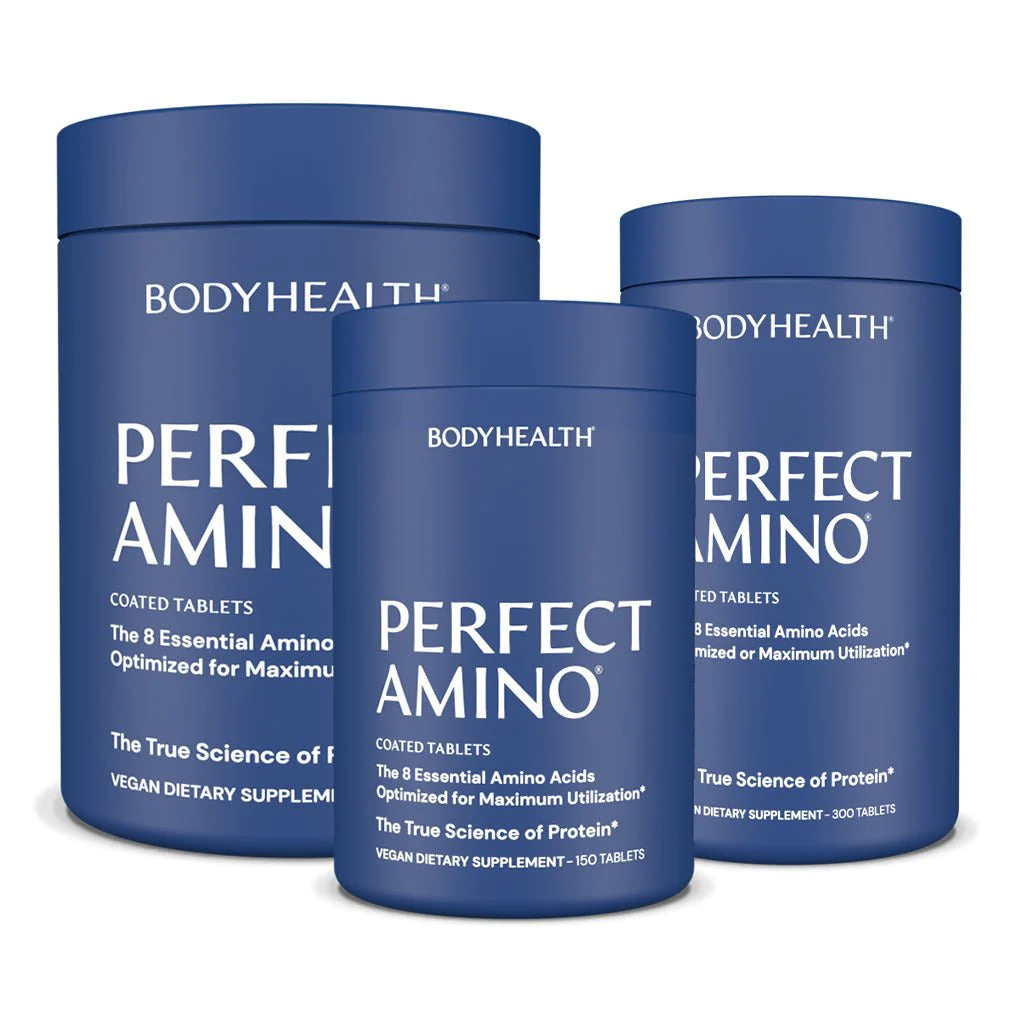
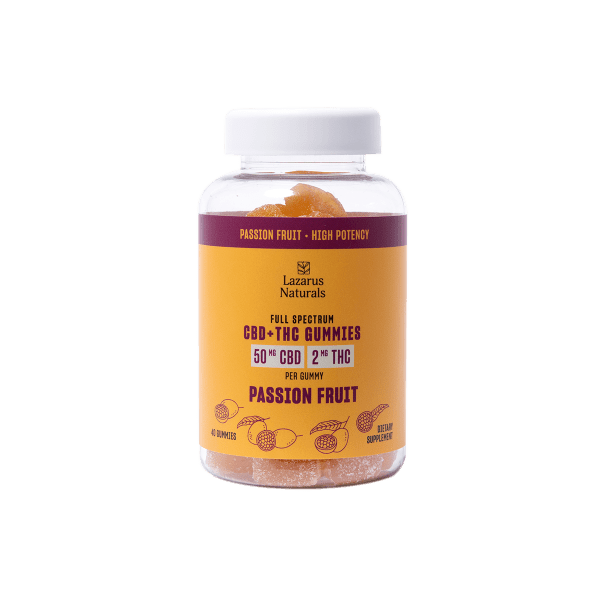








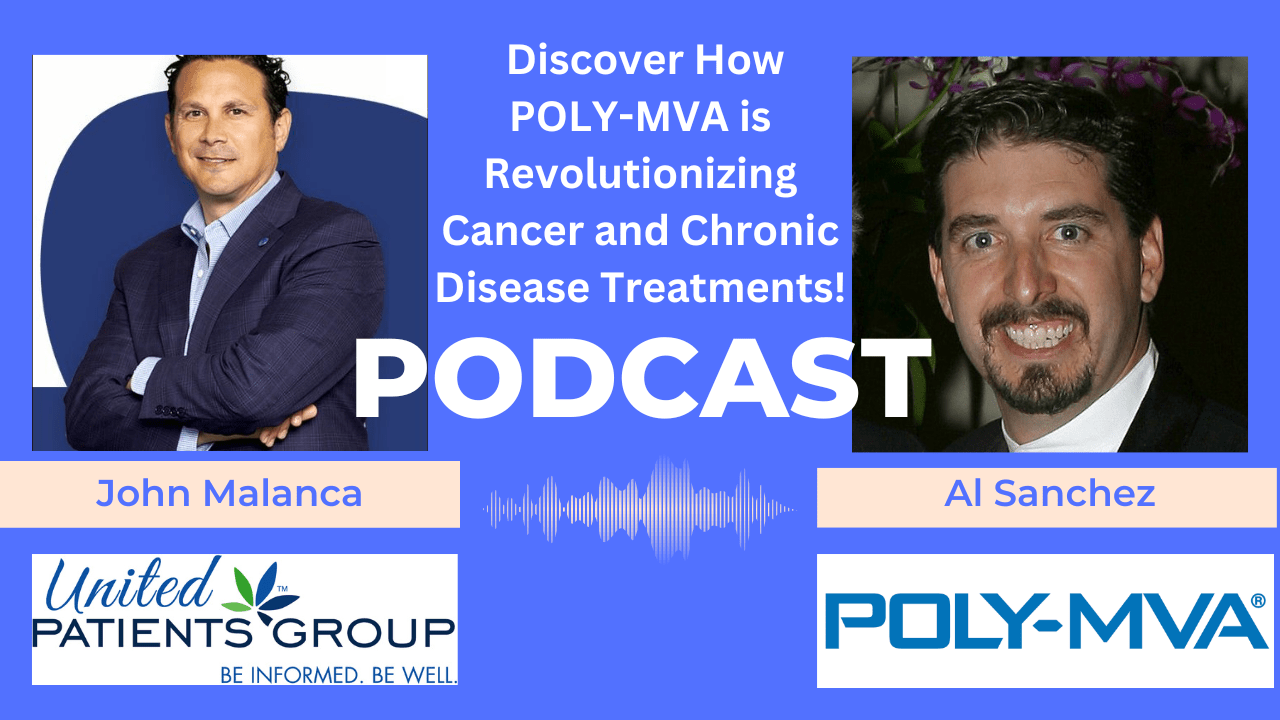






















Leave a Reply Cancel reply